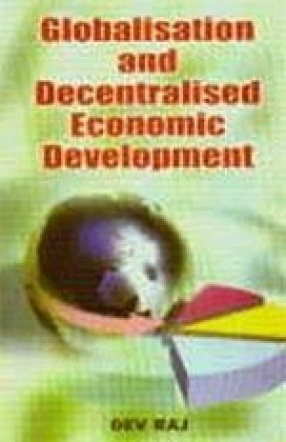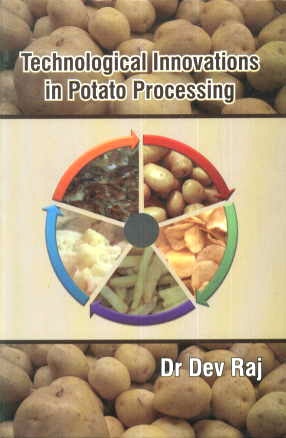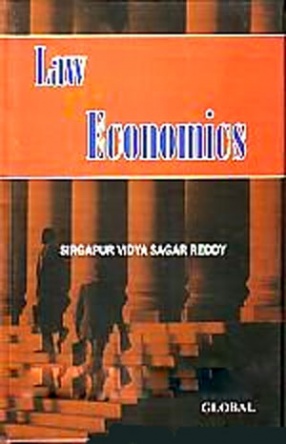The present book of the author is on the globalisation and decentralised development with special reference to India. The book represents a fresh and original reference to India’s experiences in the process of globalisation and trade liberalisation. The book further represents the experiences faced by developing countries during the course of integration in the process of globalisation since 1990s. This book analyses and covers some of the most contemporary challenges being faced by the developing countries in the process of integration, global marketing, World Trade Organisation and trade liberalisation. The developing countries could not have the proper benefits expected from the process of globalisation and liberalisation of trade. Moreover, the concentration of wealth is going to be in the hands of only developed countries. The developing countries could not gain much from the process of globalisation, while they were put to other problems like the management and survival of business in the changing global scenario. Owing to this the decentralised development could not percolate to the economy of the developing countries. This book also cover the facts why majority of the developing countries could not get the better benefits from the process of globalisation and trade liberalisation after the establishment of World Trade Organisation. After the establishment of WTO, the developing countries were to cut the Tariffs and Non-tariff Barriers (NTBs) to liberalise financial investment and to open up domestic sectors to foreign participants. For that the developing countries could not prepare and management well themselves. Owing to that they could not get the benefits from globalisation and WTO. In this book, the author have given the articles presented by him in the various Annual Conferences of the Indian Economic Association, NIBM, Pune and at other Seminars and Conferences. He has given the facts that in the changing process of globalisation, liberalisation and WTO why the developing countries specially India could not realise the expected gains. It is obvious that such a vast country, would have diversities in terms of resource endowments, manpower development, all the sectors of economy has to perform. Otherwise India will not be in a position to have a sustainable and consisted growth rate in the economy as a whole. While, it is not possible to expect uniformity in the growth rates of the different regions of the economy. However, in the global world, it would be desirable to expect uniformity in the growth rates of different regions of the economy. Hence, it would be desirable to design the development path in the different states, regions and sectors of the economy. Widening disparities in the different states, regions and sectors of the economy could be detrimental to the process of realising maximum potential growth for the economy as a whole in the recent era of globalisation and liberalisation of trade. This volume will be indispensable for policy makers, research scholars, students of business management, globalisation, economists and practitioners in these fields who are bound to take the decision in the present changing global scenarios under the globalisation and liberalisation of trade under World Trade Organisation’s regime.
Globalisation and Decentralised Economic Development
In stock
Free & Quick Delivery Worldwide
reviews
Bibliographic information
Title
Globalisation and Decentralised Economic Development
Author
Edition
1st Ed.
Publisher
ISBN
8178800578
Length
x+373p., Tables
Subjects








There are no reviews yet.